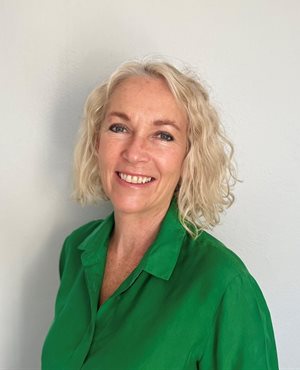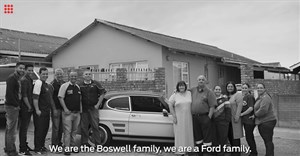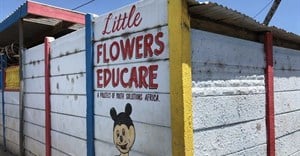Trending
Elections 2024
Jobs
- Urban Data Lead Durban
How local businesses can help reduce inequality

They will also create more ways for the business to grow by increasing job opportunities and building future leaders of tomorrow. A sector that includes all these areas is early childhood development.
Early childhood development builds the foundation for future education
Evidence has proven that the first few years are the most important in a child’s life with 90% of brain growth taking place between conception and the age of five. However, a new census of early childhood development centres (ECD) in South Africa has revealed several challenges including a lack of infrastructure, learning material, and training.
In a recent keynote address delivered by Basic Education Minister Angie Motshekga, she said only half of the ECD programmes have access to age-appropriate books while a third do not have access to any outdoor play equipment. She also indicated that 22% of ECD staff had no training and that only 26% had attended a skills training programme. In terms of infrastructure, 60% of programmes have flush toilets and around a third of all schools do not have taps to supply water for handwashing.
Here, businesses can play a role by either earmarking financial contributions from their annual budgets to work with programmes such as the Santa Shoebox Legacy which partners with the private sector to improve these centres and transform communities. Businesses can work in specific areas such as building new infrastructure, providing clean water, building food gardens, donating learning materials, or bolstering teacher training programmes.
Businesses can reap the benefits now and beyond
Involvement with these projects ensures compliance with corporate social investment and socioeconomic development scorecards and improves customer loyalty, employee attraction and retention, and profit. The proof is in the numbers:
- 77% of consumers say they are more inclined to use companies committed to making the world a better place. They prefer brands with purpose and are four times more likely to purchase from them, 4.1 times more likely to trust them, and 4.5 times more likely to champion these brands and recommend them to friends and family.
- 67% of job seekers indicate that they would prefer to work for socially inclined companies. Additionally, engaging in socially valuable projects can reduce employee turnover by approximately 50% - something to consider in the wake of the Great Resignation. Studies have also shown that including workers’ input in a company’s philanthropic initiatives results in higher productivity.
- A Giving in Numbers report, which examined the corporate philanthropic endeavours of 271 of the world’s largest companies, found that the impact of societal investment was positively correlated with financial performance. The report highlighted that the companies most deeply invested in society were also the ones that saw the most robust financial performance. With altruism impacting customer perceptions and employee performance, this is not surprising.
A giving economy is a good economy
The world we live in is constantly evolving. Considering that South Africa has been named the most unequal country in the world, it is now more important for everyone to mobilise and play their part. A report released in 2018 revealed that in high-inequality countries such as South Africa, it could take nine generations or more for this to change if nothing is done.
There are many organisations that offer opportunities for everyone to get involved. And considering the macro and micro benefits of companies giving back and paying it forward, the path to making our country better is clear. I urge all businesses to factor ways to improve their triple bottom line in their strategies in 2022 to ensure the longevity of their companies, improve the country, and better the lives of South Africans by reducing inequalities and improving the environment. We need to ensure we create a better place and build up our future leaders. And this change starts with us!


















